Editor's note
|
|
Today is World Press Freedom Day. In a range of African countries journalists face numerous threats designed to stop them from doing their jobs. But, argues George Ogola, it’s important to look beyond the traditional ways in which governments have limited press freedom and to take stock of the more insidious and less obvious forms of control being exercised. And Glenda Daniels extols the virtues of media houses ensuring the news they put out is accurate and credible.
South African Caster Semenya will have to take medication to lower her testosterone levels if she wishes to continue competing internationally in running events. This comes after the athlete lost her case against the International Association of Athletics Federations. Daniel Kelly unpacks the so-called “difference of sexual development” that prompted the association’s ruling.
|
Julie Masiga
Peace + Security Editor
|

|
|
Top Stories
|
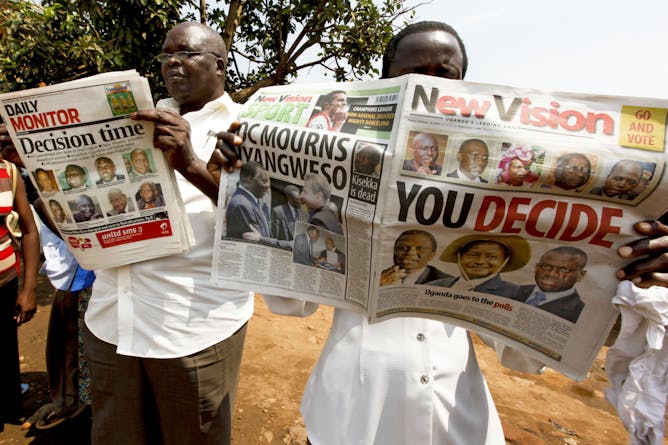
The Ugandan government is one of many on the continent that’s overseen the erosion of media freedom.
EPA/Dai Kurokawa
George Ogola, University of Central Lancashire
The biggest threats are the concentration of media ownership and attempts to legislate the online media environment.
|
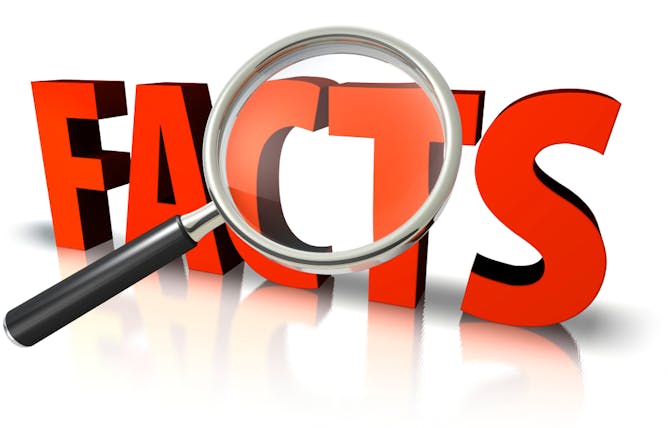
DesignRage/Shutterstock
Glenda Daniels, University of the Witwatersrand
This is the age we live in, and it is crucial that fact-checkers be in place to help media consumers guard against falsehoods.
|
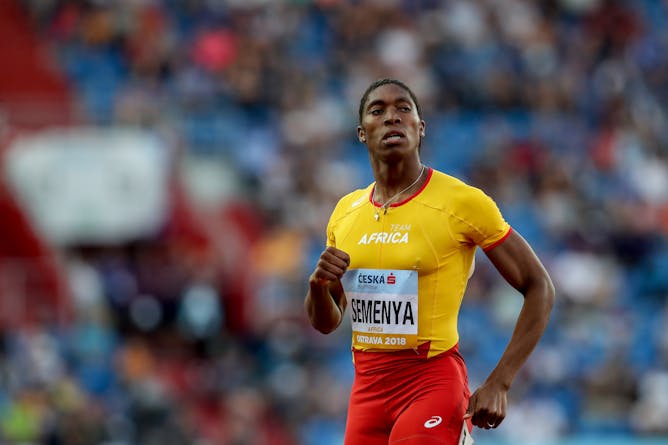
EPA/MARTIN DIVISEK
Daniel Kelly, Sheffield Hallam University
The question of whether heightened testosterone confers an advantage for some female athletes remains contentious.
|
Politics + Society
|

Tamsin Bradley, University of Portsmouth
Close to 4 million teenage girls are subjected to breast ironing worldwide. This harmful cultural practice, which is most prevalent in West and Central Africa, needs to stop.
| |
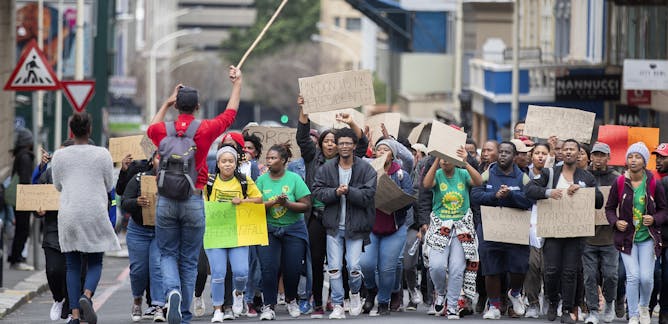
David J Hornsby, Carleton University
More than ever, South African universities need a new social contract that charts a way forward and begins to heal divisions.
|
|
|
Science + Technology
|

Robin Crewe, University of Pretoria; Wieland Gevers, University of Cape Town
In South Africa, open access publishing should be mandatory and publicly funded data generated by universities, should be freely available.
| |
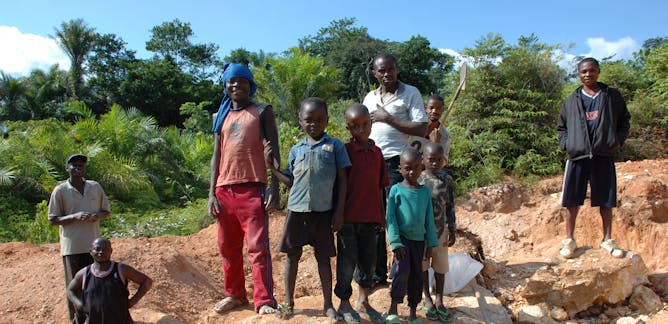
Martijn Boersma, University of Technology Sydney; Justine Nolan, UNSW
Blockchain is a promising tool to fight modern slavery by making global supply chains more accountable. But there a few kinks to be worked out.
|
|
|
From our international editions
|
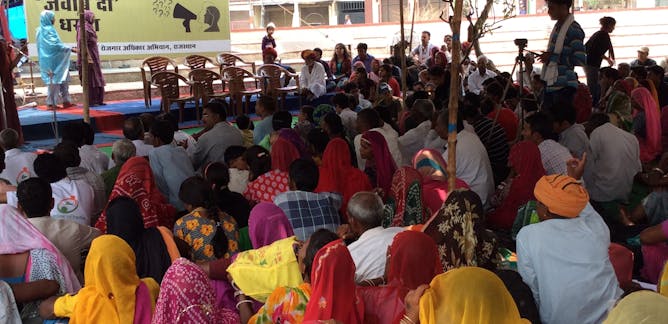
Sujeet Kumar, Jawaharlal Nehru University
India has become a difficult place for NGOs to operate.
| |
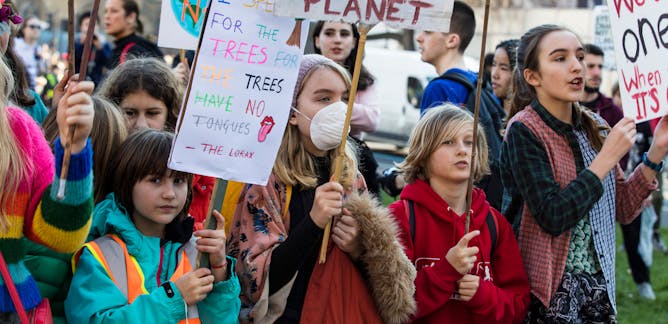
Rick Stafford, Bournemouth University; Peter JS Jones, UCL
The current system drives social injustice and environmental destruction, a new approach to address both is called for.
|
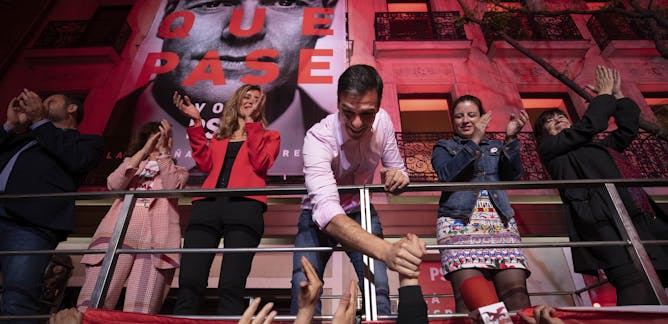
Monica Clua Losada, University of Texas Rio Grande Valley
The Socialist Party handily won Spain's April 28 election, thanks to very high turnout among leftists who feared a return to ultra-right government. Spain had a rightist military regime until 1975.
| |
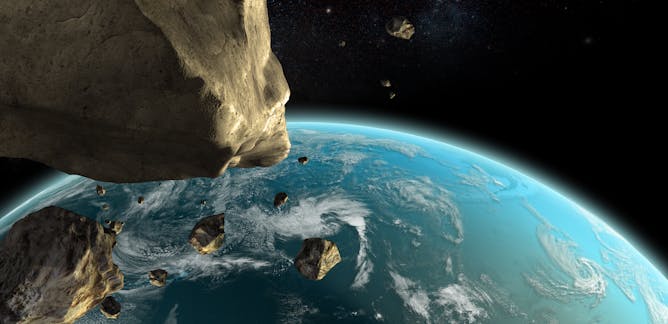
Maitrayee Bose, Arizona State University
The source of water on Earth, the Moon and planets in our solar system is hotly debated. Some in the planetary science community argued that it came from asteroids and comets. Now they have proof.
|
|
|
En français
|
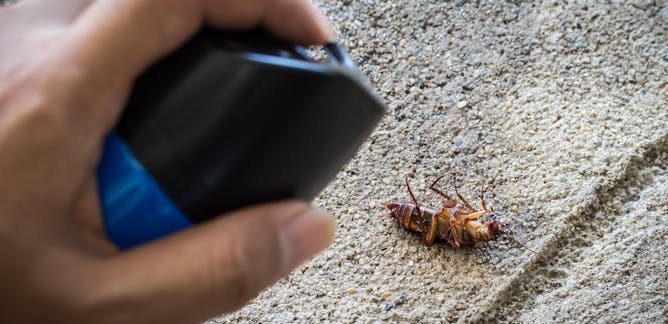
Michel Renou, Inra
Malgré une préoccupation croissante face au déclin des insectes, nous conservons d’eux une perception ambiguë, surtout lorsqu’ils s’invitent dans notre intimité.
| |
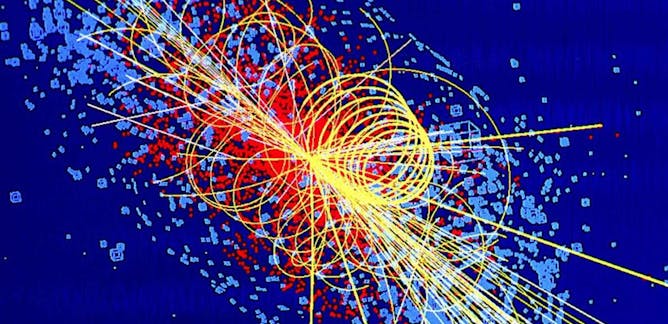
Francois Vannucci, Université Paris Diderot – USPC
Mais comment les physiciens baptisent les particules qu’ils ou elles découvrent ? Un peu d’histoire et beaucoup d’explications.
|
|
|
En español
|
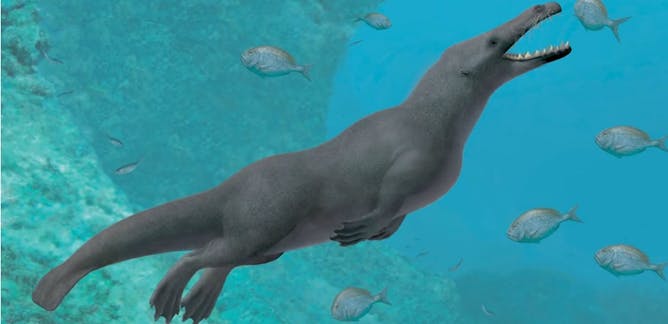
Manuel Peinado Lorca, Universidad de Alcalá
El hallazgo de un nuevo fósil de ballena tetrápoda en las costas del desierto costero de Perú arroja nueva luz sobre la evolución de los cetáceos.
| |
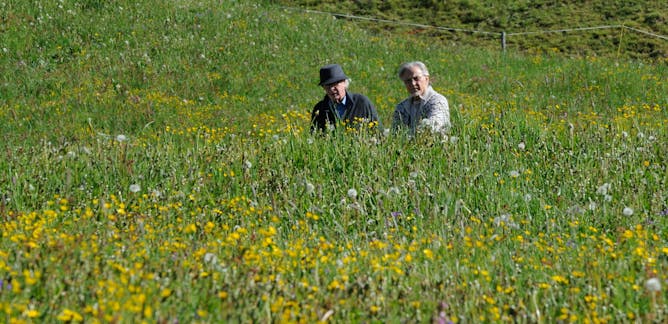
Jose Maria Armengol Carrera, Universidad de Castilla-La Mancha
El proyecto europeo "Gendering Age" pretende demostrar que el hecho de envejecer afecta tanto a varones como a mujeres e influye en ambos géneros de manera diferente.
|
|
|
| |
| |
| |
| |
Would you like to republish any of these articles?
|
|
It’s free to republish, here are the guidelines.
Contact us on africa-republish@theconversation.com in case you need assistance.
|
| |
| |
| |
| |
|
|